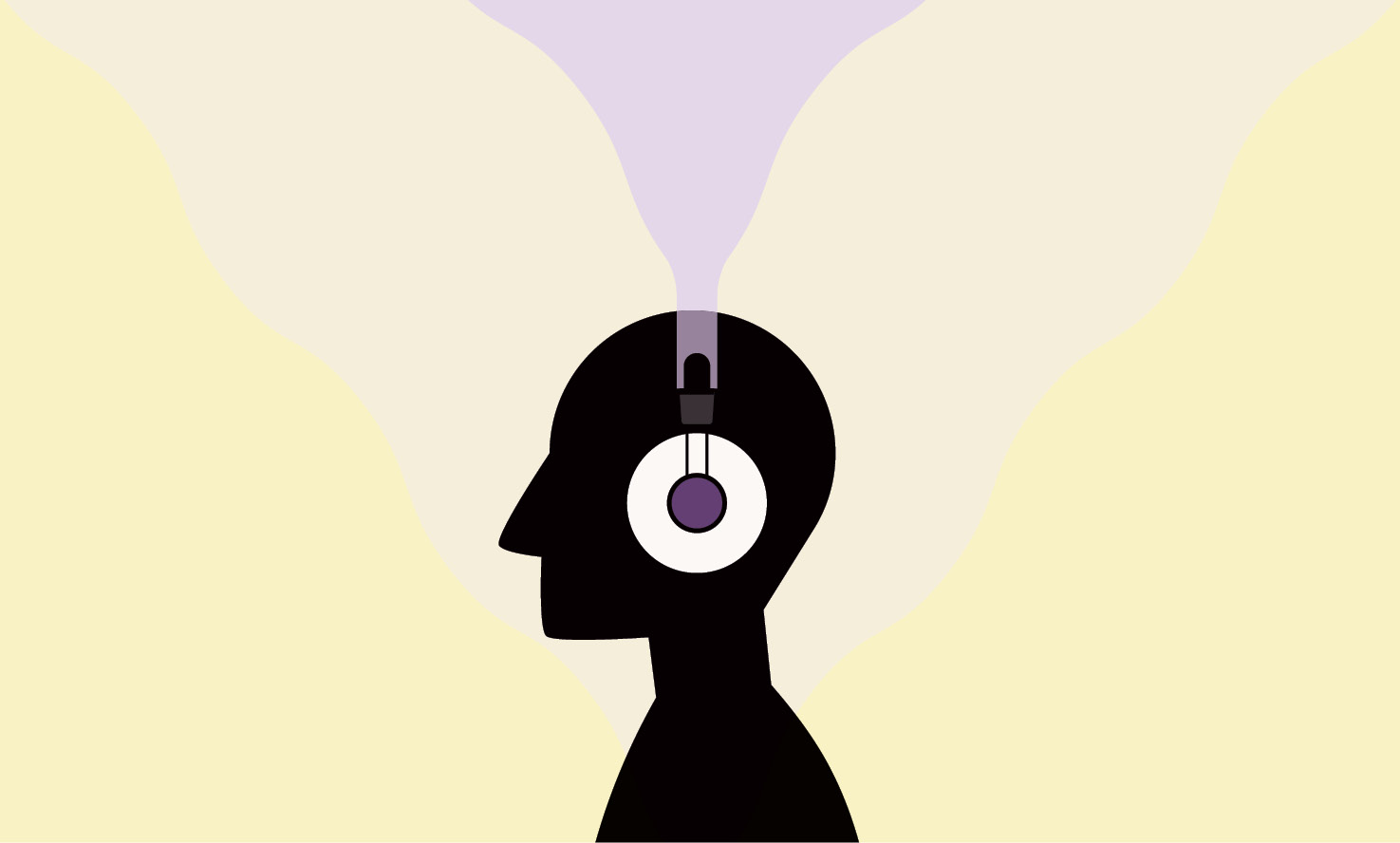Music and pain
Research suggests that listening to music can help reduce acute and chronic pain. Music-based interventions may also help people with certain kinds of pain. This includes pain from fibromyalgia, multiple sclerosis, osteoarthritis, sickle cell disease, pregnancy and childbirth, and other health conditions, experiences, and treatments.
Other areas of health
Music-based interventions could also benefit other mental and physical health conditions.
Mental health and emotional well-being. Though more research is needed, music-based therapies may improve symptoms of depression and anxiety related to a range of health conditions. Music may also improve emotional well-being and quality of life in people with certain kinds of dementia or cognitive impairments such as difficulty with thinking, learning, memory, and decision-making.
Movement and speech. Certain music-based interventions show promise for some symptoms related to Parkinson’s disease and multiple sclerosis, including motor function and balance.
Stroke. Some kinds of music-based therapies may be helpful during rehabilitation after stroke. For example, a technique called “rhythmic auditory stimulation” can help people improve their gait and balance after stroke by synchronizing their physical movement with rhythmic music or sounds.
The ways that music affects other areas of health are less clear. The evidence is mixed, limited, or uncertain for autism spectrum disorder, cognitive functioning among people with Alzheimer’s disease and other dementias, chronic obstructive pulmonary disorder, and sleep disorders.







